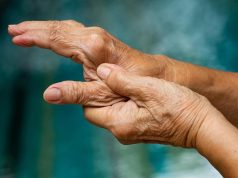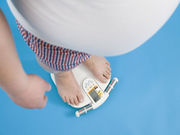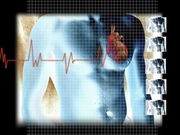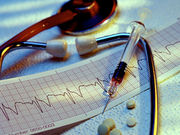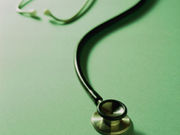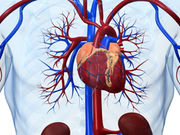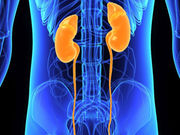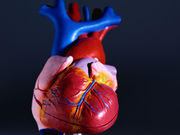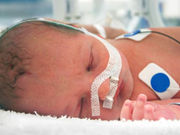Many Obese Patients Not Getting Optimal Hospice Care
And those who do get end-of-life services have fewer days than normal-weight patients
Daily Energy Expenditure Linked to Health Care Utilization
Findings for energy expenditures estimated from ambulatory ECG monitoring
Mortality Down for U.S. Patients Treated by International Doctors
Compared to mortality rates for Medicare patients treated by U.S.-trained doctors
Hospitalizations for Atrial Fibrillation on the Rise
But patients with the condition also more likely to survive, researchers say
One in Five Undergoing Telemetry for Noncardiac Indications
Top three cardiac indications include angina/acute coronary syndrome, arrhythmias, heart failure
High TG, Low HDL-C Levels May Help Further Stratify CHD Risk
Fasting high TG + low HDL associated with increased risk, particularly in those with diabetes
Skin Sodium Content Linked to Left Ventricular Mass in CKD
Skin sodium content more closely linked to left ventricular mass than total body overhydration
Centrifugal-Flow Left Ventricular Assist Device Noninferior
Newer design noninferior to axial-flow LVAD for survival free from disabling stroke or device removal
High CVD Risk in Patients With Head, Neck Squamous Cell Cancer
Twenty-three and 24 percent of patients had CVD and uncontrolled blood pressure at diagnosis
PTSD Risk Up in Parents of Kids With Critical Heart Defects
They're also more likely to suffer depression, anxiety; new mothers particularly vulnerable






